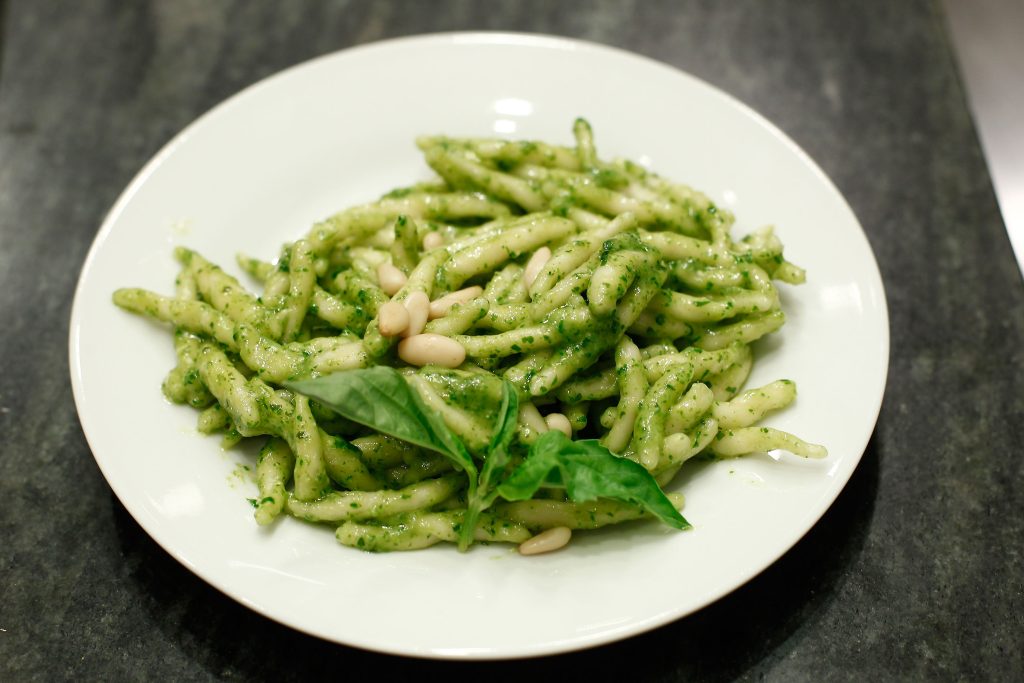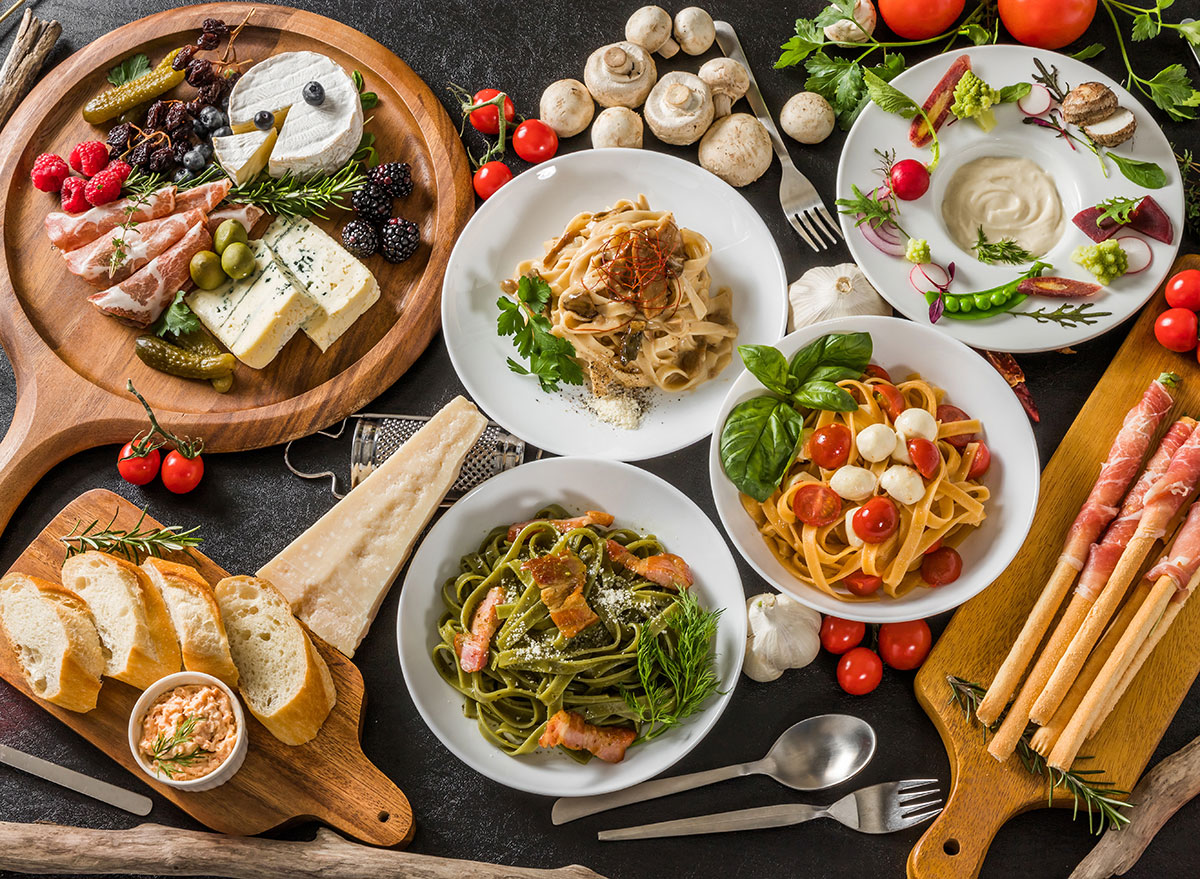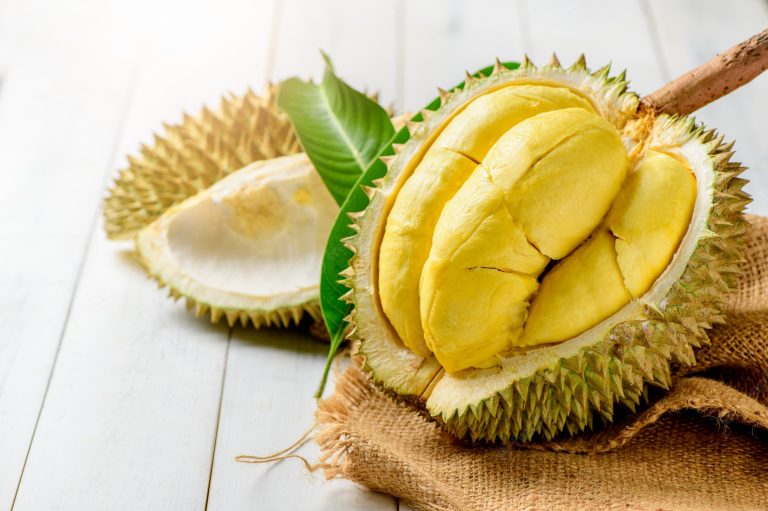Cucina italiana (Italian pronunciation: [ku’tinaita’ljana]) is a Mediterranean cuisine. Ingredients, recipes, and cooking techniques have been established on the Italian Peninsula from antiquity and then diffused over the world with generations of Italian diaspora. With the colonization of the Americas and the entrance of potatoes, tomatoes, capsicums, maize, and sugar beet — the latter in large quantities in the 18th century — significant changes occurred. It is among the most well-known and well-liked cuisines in the world.
Nothing like Italian!
Italian cuisine encompasses deeply ingrained national traditions as well as all regional gastronomies, which differ from one another, particularly here between north and south of the country, which are always in contact. Many once-regional dishes have spread across the country, with slight changes. Italian food is among the most famous and copied in the world, with a wide range of flavors. The cuisine has impacted a variety of other cultures all over the world, most notably italian food singapore.
One of the most distinguishing features of Italian cuisine has been its simplicity, with several dishes using only a few components. As a result, Italian chefs frequently focus on the quality of ingredients rather than the intricacy of the preparation. Italian cuisine is responsible for a worldwide turnover of much more than €200 billion.
Many Italian meals are suitable for residence and everyday cooking, respecting regional specificities, prioritizing only raw materials and ingredients from the dish’s region of origin, and preserving its seasonality, which is why so many Italian formulas are appropriate for home as well as daily cooking, honoring regional specificities, prioritizing only raw materials and ingredients from the dish’s region of origin, and maintaining its seasonality.

History
Over the years, Italian cuisine has evolved. The cuisine of Italy may be traced back to the 4th century BC, even though the country was not united until the 19th century. Food and culture were immensely significant at the time, as evidenced by the first-century BC cookbook (Apicius).
Its growth has been impacted by neighboring areas, conquerors, elevated chefs, political turmoil, and the discoveries of the New World over the years. Following the collapse of the Roman Empire, local cities tend to diverge and create their traditions, resulting in the formation of Italian cuisine. There were many various types of bread and pasta created, as well as diverse cooking methods and preparation methods.
For a long period, the country was divided and influenced by neighboring countries like Spain, France, and many others in Central Europe. The local creation of particular cuisine was also impacted by trade and its proximity on the Silk Road with its links to Asia.









